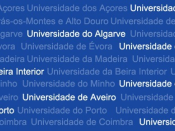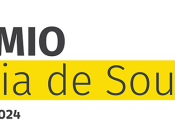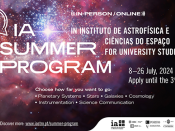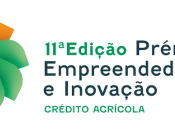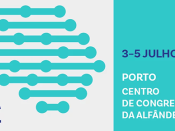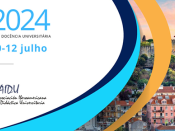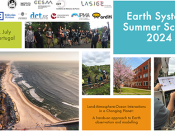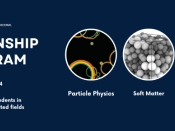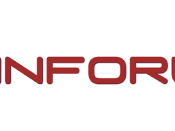Por Erida Gjini (CEMAT, Instituto Superior Técnico).
Understanding co-infection systems with multiple interacting strains remains difficult. High dimensionality and complex nonlinear feedbacks make the analytical study of such systems very challenging. When similar strains are similar, we can model trait variation as parameter perturbations, simplifying analysis. Applying singular perturbation theory to such a multi-strain system we have obtained the explicit collective dynamics in terms of fast (neutral) dynamics, and slow (non-neutral) dynamics. The slow dynamics are given by the replicator equation for strain frequencies, a key equation in evolutionary game theory, which in our case governs selection among N strains. In this talk, I will highlight some key features of this derivation, the use of the replicator equation to understand such a multi-strain system better, and discuss links with diversity data both in epidemiology and ecology.
Erida Gjini is a researcher in Mathematical Biology at CEMAT, Instituto Superior Técnico. From 2015 to 2020 she was group leader of the research group in Mathematical Modelling of Biological Processes at the Gulbenkian Institute of Science in Portugal (IGC), where she earlier did a post-doc in mathematical epidemiology at the Collective Dynamics Group (IGC, 2012-2015). She obtained her PhD in Mathematics in Scotland, UK, at the University of Glasgow (2007-2012). Earlier, she completed her Master’s degree in Mathematical Sciences at Utrecht University (2005-2007) and her Bachelor of Science at Utrecht University College (Liberal Arts) in the Netherlands. She works in mathematical epidemiology, antibiotic resistance modeling, and nonlinear dynamics in ecology, microbiology, and biomedicine. She aims to use mathematics to deeply understand the mechanisms, principles, and evolution of biodiversity and biocomplexity in a range of living systems.
Transmissão via Zoom.





